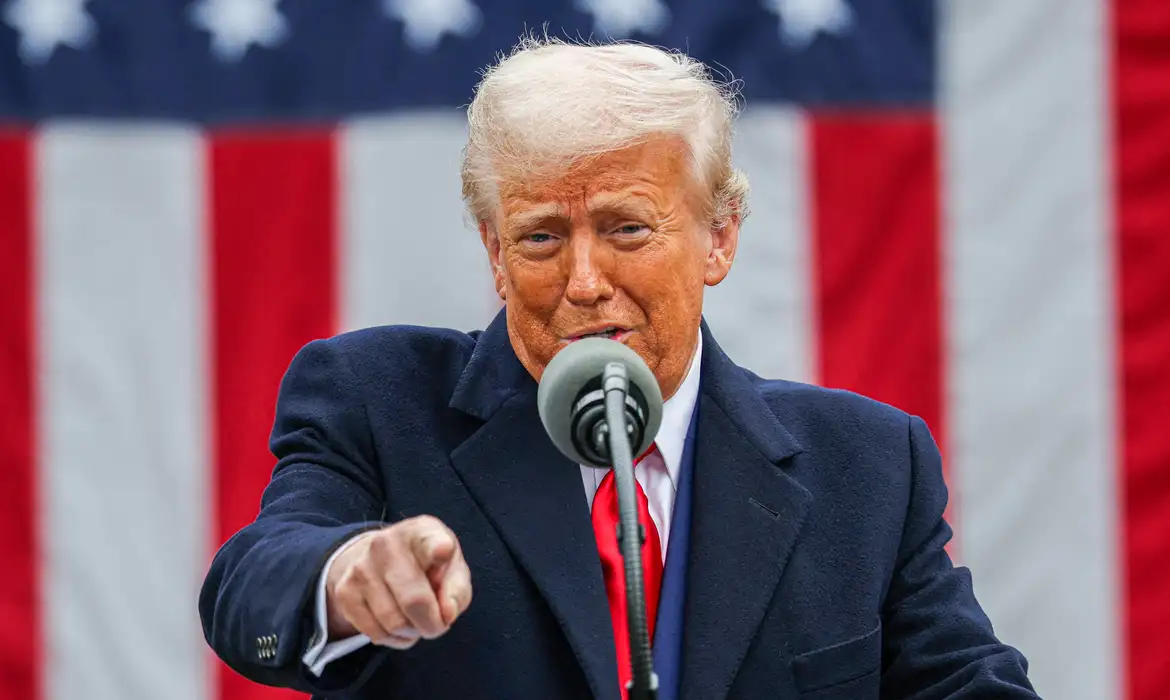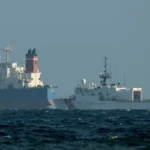
The decision of former US President Donald Trump of applying a 50% rate on all Brazilian exports to the US caused wide international repercussions. The announcement, made during a press conference at the White House alongside African leaders, positioned Brazil as the main target of the new US tariff policy.
Hours after the public statement, Trump sent an official letter to President Luiz Inacio Lula da Silva (PT), which confirmed the application of 50% base tariff from August. The document also provides for additional increases for products such as steel and aluminum, already submitted to specific taxes.
According to Trump, the measure is justified by alleged commercial imbalances and for political reasons. He mentions a deficit in trade relations with Brazil, an argument contradicted by official data from the US Department of Commerce. In 2024, the United States registered a surplus of about US $ 7.4 billion in the scale with Brazil, exporting more than they matter.
In the political field, Trump criticized the lawsuits involving former President Jair Bolsonaro (PL), investigated for an attempted coup. In the letter sent to Lula, the US former Mandannomist classified the trial as “a witch hunt” and stated: “We do not agree with the way Brazil treats former President Bolsonaro.”
The French newspaper The world He pointed out that Trump “instrumentalizes customs tariffs to support Jair Bolsonaro and declare war on Lula.” The publication reverberated excerpts from the letter, especially the paragraph in which Trump argues that Bolsonaro’s trial should not proceed. THE The world It also contextualized the announcement within a moment of increasing friction between countries, marked by the BRICS summit in Rio de Janeiro.
After the fare announcement, Bolsonaro publicly thanked Trump on social networks and said he was “very happy” with the decision. The European press interpreted the gesture as an explicit alignment between the two politicians.
Trump also criticized the Supreme Court (STF) Minister Alexandre de Moraes for decisions regarding the suspension of social networking accounts and websites. In his letter, the former US president stated that Brazil would be “violating fundamental principles of freedom of expression.”
The measure was accompanied by the threat of opening a formal investigation against Brazil based on section 301 of the 1974 trade. This legal mechanism was previously used by Trump to justify tariffs against China and allows the imposition of commercial sanctions in cases considered of unfair practices.
The Spanish newspaper The country He classified the measure as “the biggest leap so far in Trump’s trade threats.” The vehicle pointed out that the percentage of 50% represents the largest rate ever imposed by the former president to any country since the beginning of the current tariff round. In April, the tariff applied to Brazil was 10%, five times lower than the new rate announced.
The response of the Brazilian government came through pronouncements on social networks. “Brazil is a sovereign country with independent institutions that will not accept to be protected by anyone,” Lula wrote. The president also stated that the national judiciary acts independently and that Brazilian legislation does not tolerate hate speeches, racism, child pornography, blows, frauds or attacks on human rights.
The British newspaper The Guardian emphasized Lula’s reaction and the defense of Brazilian sovereignty. The publication also pointed out that Trump included seven other countries on the new tariff list: Philippines, Brunei, Moldova, Algeria, Libya, Iraq and Sri Lanka. For the newspaper, the expansion of tariffs can press US inflation and compromise multilateral agreements.
According to Brazilian diplomatic sources, the government is studying a formal complaint in the World Trade Organization (WTO), as well as adopting reciprocity measures. Possibilities include US products and restrictions on US companies operating in Brazil.
The tension environment was aggravated after Trump’s statements last Sunday (6), when he stated that Brics became a “anti-American alliance” and promised to “dismantle” him through commercial policies.
During the BRICS summit in Rio de Janeiro, Lula replied, “The world has changed. We don’t want an emperor.” In another speech, registered by The GuardianLula said, “If he thinks he can import tariffs, other countries also have the right to import tariffs.”
Trump’s decision, the letter with criticism of the Brazilian judiciary and the compliments to Bolsonaro mark a new chapter in the commercial and political dispute between the two countries. Brazil now seeks ways of reacting to the tariff offensive without expanding the diplomatic conflict, but already signals that it will take action if the increases enter into force.
It is expected that the theme will be treated in bilateral meetings and international forums over the coming weeks, with special attention to the economic impact on Brazilian exports and the possible geopolitical implications of the measure.
Source: https://www.ocafezinho.com/2025/07/10/midia-da-europa-detona-tarifaco-de-trump-contra-o-brasil/

